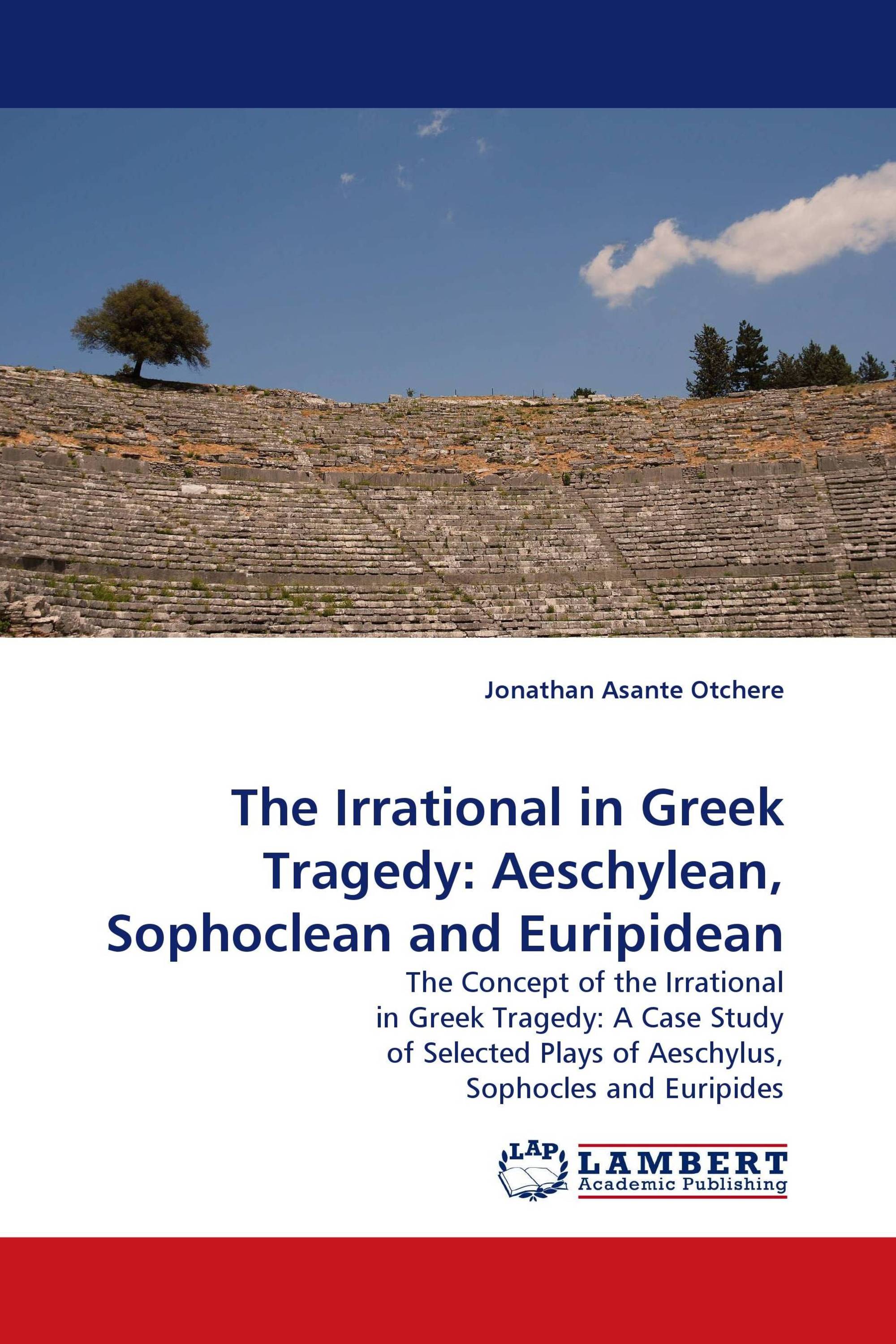The Irrational in Greek Tragedy: Aeschylean, Sophoclean and Euripidean
The Concept of the Irrational in Greek Tragedy: A Case Study of Selected Plays of Aeschylus, Sophocles and Euripides
LAP Lambert Academic Publishing ( 2010-10-27 )
€ 68,00
The inadequacy of the hubristic principle (koros-hubris-nemesis-ate) in accounting for the fall of the hero is the main reason behind Aristotle''s notion of "hamartia",error, as the appropriate means to achieve the ends of tragedy, that is, pity and fear. Pity and fear are not aroused by the punishment of the guilty, but by the tragedy of undeserved suffering.Thus if a hero''s fall is out of ‘moral depravity'', then that is nemesis,and not tragedy. In tragedy the suffering of the hero is a result not of moral depravity but irrationality, which leads to the commission of the hamartia. In a departure from the traditional interpretations,this book offers a fresh look at the real motivations of named heroes and heroines in the selected tragedies and argues that their various falls could be traced to unbridled pride, unrestrained ambition and quest for wealth and power, inordinate sexual passion and jealousy, and divine injunction. This book is a must read for all students of Greek and western literature, particularly, the tragic genre and would also serve as an invaluable source criticism for Lecturers and the general reader.
Book Details: |
|
|
ISBN-13: |
978-3-8433-6587-1 |
|
ISBN-10: |
3843365873 |
|
EAN: |
9783843365871 |
|
Book language: |
English |
|
By (author) : |
Jonathan Asante Otchere |
|
Number of pages: |
188 |
|
Published on: |
2010-10-27 |
|
Category: |
Language and literature science |




